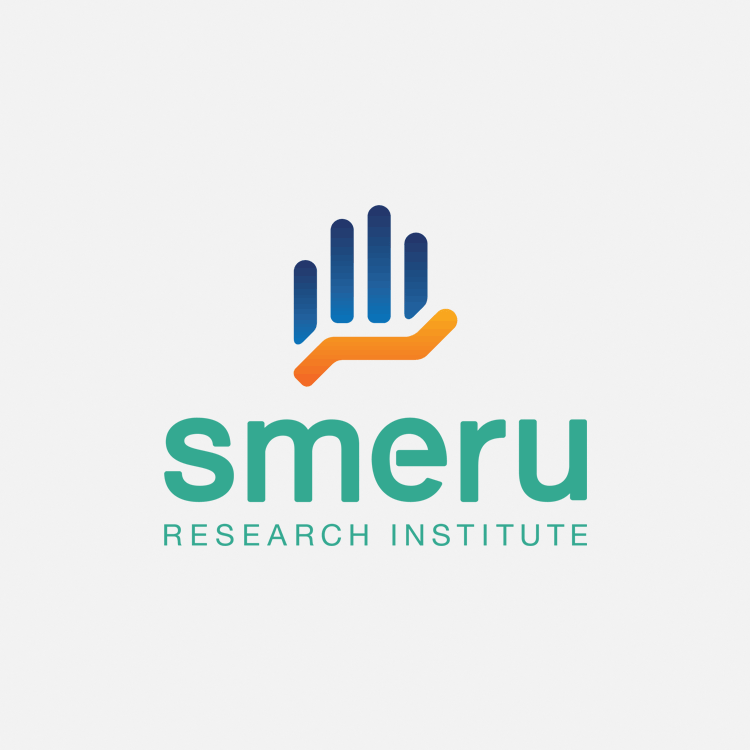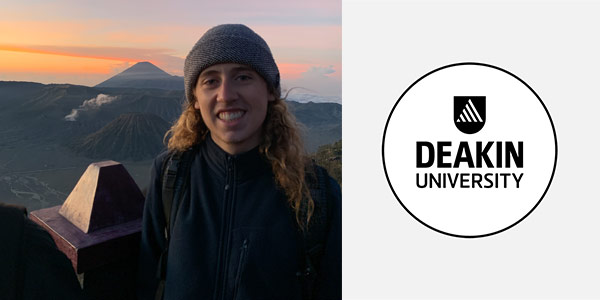
About SMERU
SMERU Research Institute is an independent institution for research and public policy studies which professionally and proactively provides accurate and timely information, as well as objective analysis on various socioeconomic and poverty issues considered most urgent and relevant for the people of Indonesia. The institute has been at the forefront of the research effort to highlight the impact of government programs and policies, and has actively published and reported its research findings. The work expanded to include other areas of applied and economic research that are of fundamental importance to contemporary development issues.
Vision
- SMERU aims to provide information and analysis to contribute to widening public policy dialog on the solutions to socioeconomic, poverty, and vulnerability to poverty issues directly relating to the welfare of the Indonesian people.
- SMERU endeavours to strengthen the role of society in the formulation and implementation of public policies.
Mission
- To carry out research on socioeconomic and poverty issues for the purpose of improving public policies and their implementation.
- To develop alternative models for public policies and their implementation.
- To provide accurate and timely information on socioeconomic, poverty, and vulnerability to poverty issues, as well as related public policies and their implementation. This will be achieved through active contact with and early dissemination of research results to civil society groups, government, and the international community
Research Division
SMERU’s research teams are formed by combining researchers from different disciplines. This allows SMERU to benefit from the synergies of a wide variety of approaches and perspectives. In the social and economic fields, SMERU conducts studies on the impact and performance of government programs and policies related to poverty, health, education, gender, labour, fuel subsidy, rice for the poor and microfinance. In poverty studies, SMERU utilizes existing data to conduct poverty mapping and to examine poverty and human development indicators, labour market conditions, the social protection system and income inequality. SMERU also focuses its research on the implementation of regional autonomy and decentralization policies, particularly their impact on the provision of public services in health, education and economic sectors.
NGO Partnership
The primary task of this unit is to support the activities of NGOs by providing information on SMERU’s research results. This unit facilitates meetings between NGOs, government bodies, regional legislative institutions, academics and community organizations through a number of discussion forums to share information, experiences and expertise. It also assists NGOs in their capacity building, such as providing training in research methodology’.
Requirements
A keen interest in social justice and poverty reduction issues, excellent research and writing skills. Statistical skills are an advantage.
Recommended readings include publications on the SMERU Publication List. Search by topic and read up about the institute.
Intern Duties (Example)
One option is for students to work at SMERU on an independent research project that falls under the ambit of one of the key sectors. Students would then have access to resources and supervision from a mentor. Alternatively SMERU would welcome a student with skills in website design for the development of their bilingual website.
Work Hours
9am-5pm, Monday to Friday.
Location
Jl. Pandeglang No. 30, Menteng
Central Jakarta
Student Profiles
Angus Cormick completed the Winter 2021 Virtual Development Studies Professional Practicum.
Angus is studying a Bachelor of International Studies at Deakin University.
He received a $3,000 New Colombo Plan Mobility Grant to support his participation in this program. Read more here.

